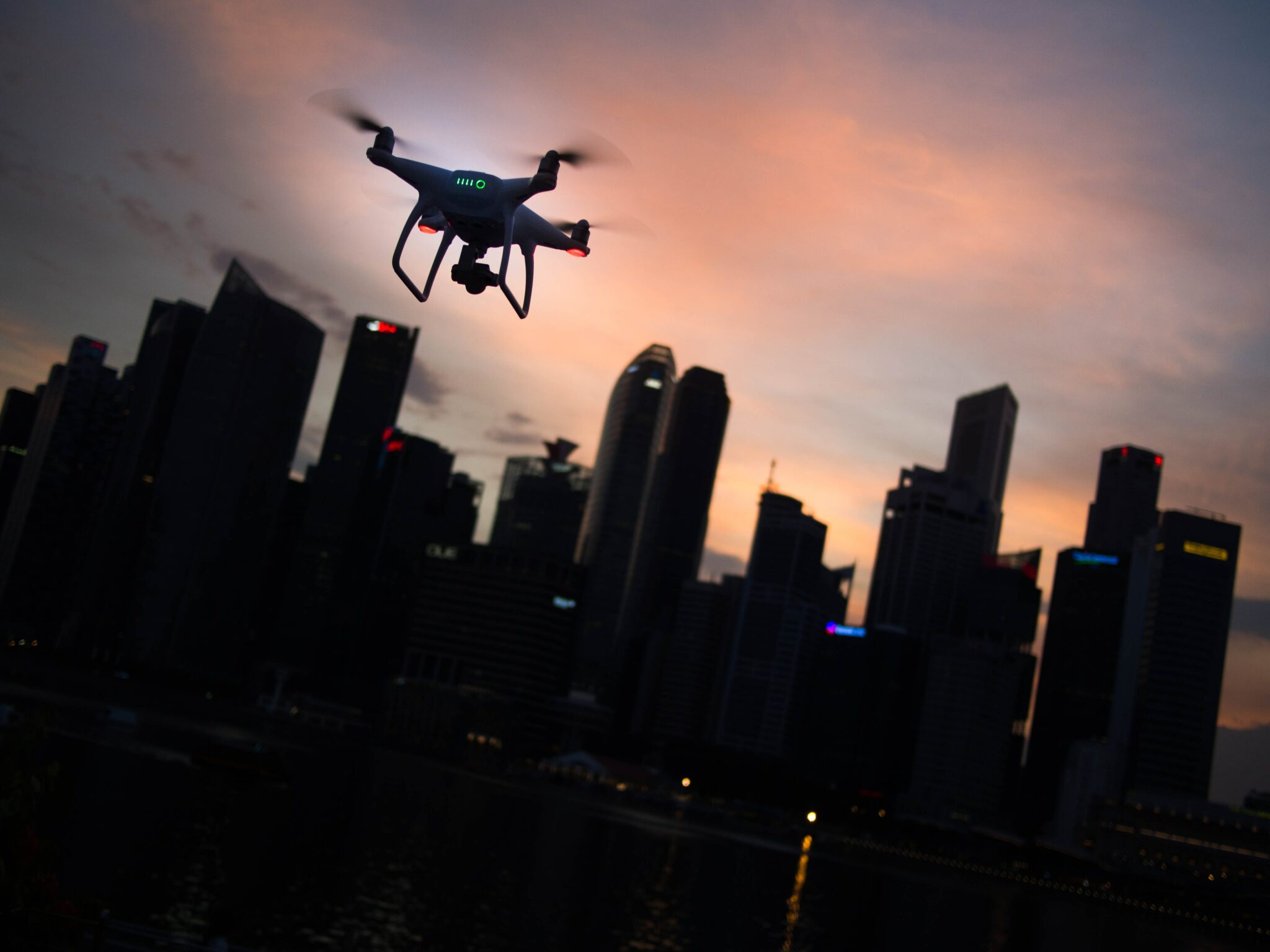How can municipalities get a grip on sensors in our public space and the large amounts of data they collect? Geonovum is dealing with this question. At the end of 2017, the organization drew up ground rules for this. Marc de Vries co-wrote the guide. He explains what municipalities can do with it. And why they should do something with it.

Handy: a lamppost that turns on when someone walks by in the dark. But what if it's a lamppost, microphone, motion sensor and security camera all in one? Where will this data be stored? And who gets to use it?
Sensors collect information about the world around us. They can do more and more: track locations, measure temperature, record sound, recognize objects and people. Collecting, storing, sharing and combining all this data can have numerous consequences. Both on a collective and individual level. 'If you know whether someone was on the Malieveld in The Hague precisely during a protest by a radical group, then suddenly you can say a lot about that person,' explains Marc de Vries of Geonovum. This organization makes geoinformation from the public sector accessible and helps the government utilize this data.
'Municipalities have rules for billboards, fighting dogs, prostitution. But not for sensors and the data they collect,' he says. That's why he wrote the Handreiking Spelregels Data Ingewonnen in de Openbare Ruimte.
He calls this a conversation opener so that municipalities start thinking about their local situation and how they can (re)take control of data they, businesses and citizens collect in public places.
Municipalities have traditionally been responsible for managing their public spaces. With the advent of sensors, new responsibilities may be added.
The guide offers tools for professionals involved in making or implementing policy on data in public space. These are collected by third parties or by municipalities themselves. Examples include models of data paragraphs for use in purchasing conditions and subsidy regulations. And a checklist for representing data interests when entering into partnerships.
Municipalities have traditionally been responsible for managing their public spaces. With the advent of sensors, new responsibilities may be added. Consider protecting residents' privacy, ensuring fair treatment and a level playing field for businesses. The aforementioned rules of the game can help. De Vries: "Municipalities manage about 95% of public space. And thus the cables, walls and other infrastructure that sensors have to use. Use that position, for example, to claim ownership of data collected in public space.'
'Twenty years ago, governments effectively had a monopoly on data collection. Like for making maps. Now market parties are involved. Google Maps, for example, makes a much more up-to-date, dynamic map that combines various data sources,' says de Vries. Instead of producing data, he says, the municipality now more often has the task of managing and monitoring it.
With that managing data, municipality can also perform other tasks, he thinks. Such as enforcing privacy rules. 'Now that responsibility lies with the Autoriteit Persoonsgegevens, but they have their hands full. The municipality could possibly also play a role in that enforcement. For example, by establishing a municipal sensor ordinance, just like an APV (General Local Bye-Law). The same goes for other data domains. By deploying certain regulations, the municipality might be able to take on tasks of the competition authority at the local level in the future.'
All game rules can be found at meteninhetopenbaar.locatielab.nl.
This article is part of the report Valuable Digitization. Click here to view the full report.
This article can also be found in the files Internet of Things and Big Data
source: Rathenau Institute

